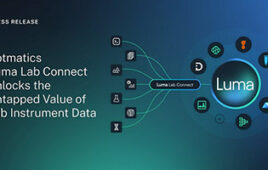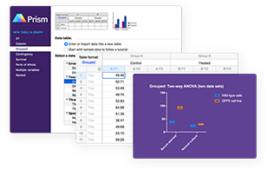 VATICAN CITY (AP) — Pope Francis’ plea to make the state of the environment a central moral issue of our age has been greeted with applause from climate activists and a wide range of church, science and government leaders, but dismissive shrugs from those who doubt climate change.
VATICAN CITY (AP) — Pope Francis’ plea to make the state of the environment a central moral issue of our age has been greeted with applause from climate activists and a wide range of church, science and government leaders, but dismissive shrugs from those who doubt climate change.
In “Laudato Si,” Francis addressed “every living person on this planet,” urging them to hear “both the cry of the Earth and the cry of the poor” about the damage from “compulsive consumerism,” waste and a single-minded pursuit of profit.
The pope’s “marching orders for advocacy,” as the head of the U.S. conference of bishops calls it, comes as the world nears a critical time for international climate change negotiations that start late this year in Paris.
Francis said he hoped his paper would lead both ordinary people in their daily lives and decision-makers at the Paris U.N. climate meetings to a wholesale change of mind and heart.
The document, released June 18, 2015, put care for the environment at the center of Catholic social teaching, and, in lyrical but stark terms, reframed the discussion about global warming from the dry language of science to a broad question of ethics.
“Never have we so hurt and mistreated our common home as we have in the last two hundred years,” Francis writes. “The earth, our home, is beginning to look more and more like an immense pile of filth.”
Many praised the encyclical: “It has the power to reshape the church and realign politics,” said Austen Ivereigh, author of “The Great Reformer: Francis and the Making of a Radical Pope.”
But some politically conservative Catholics criticized its economic analysis, and some U.S. Republican politicians said religion had no place in climate policy.
“No, I’m sorry, it’s a political issue,” said Rep. Rob Bishop of Utah, chairman of the U.S. House Committee on Natural Resources. “Most people have their minds made up on this issue, so any more rhetoric about the issue doesn’t really add a heck of a lot more to it.”
Scientists who for more than 50 years have been talking about the dangers of global warming say the encyclical could break the inertia that has characterized climate negotiations. With their data and computer models, scientists appealed to logic; the pope sought to engage the soul.
“This is exactly what we need,” said Texas Tech climate scientist Katharine Hayhoe, an evangelical Christian who has talked about faith and warming. “We need leaders who speak to values, connecting the dots between values and climate change.”
At the heart of Francis’ theological argument is the concept of “integral ecology,” which gives the environment a more central role in longstanding Catholic social teaching by linking destruction of nature with injustices such as poverty, hunger, inequality and violations of human dignity.
Archbishop Joseph Kurtz of Louisville, Kentucky, the head of the U.S. bishops’ conference, called the encyclical “marching orders for advocacy.”
While encyclicals carry “substantial doctrinal authority,” Richard Gaillardetz, a Boston College theologian, said individuals can judge whether a specific policy recommendation best fulfills church teaching.
Francis called for a bold cultural revolution to correct what he said was a “structurally perverse” economic system in which the rich exploited the poor.
Citing the deforestation of the Amazon, the melting of Arctic glaciers and the deaths of coral reefs, Francis rebuked “obstructionist” climate doubters who “seem mostly to be concerned with masking the problems or concealing their symptoms.” And he accused politicians of listening more to oil industry interests than Scripture, common sense or the cries of the poor.
He praised a “less is more” lifestyle, one that shuns air conditioners and gated communities in favor of car pools, recycling and being in close touch with the marginalized.
The leading skeptic in the U.S. Congress, Republican Sen. James Inhofe, said he feared the encyclical will be used by “alarmists” to push policies that will lead to big tax increases. He said the poor would “carry the heaviest burden” of policies to phase out fossil fuels with renewable energy sources.
The pope will address Congress in September.
Zoll and Borenstein reported from New York. Associated Press writers Matthew Daly and Erica Werner in Washington, Edith Lederer in the United Nations, Karl Ritter in Stockholm and Daniela Petroff in Vatican City contributed to this report. Copyright 2015 The Associated Press. All rights reserved. This material may not be published, broadcast, rewritten or redistributed.




